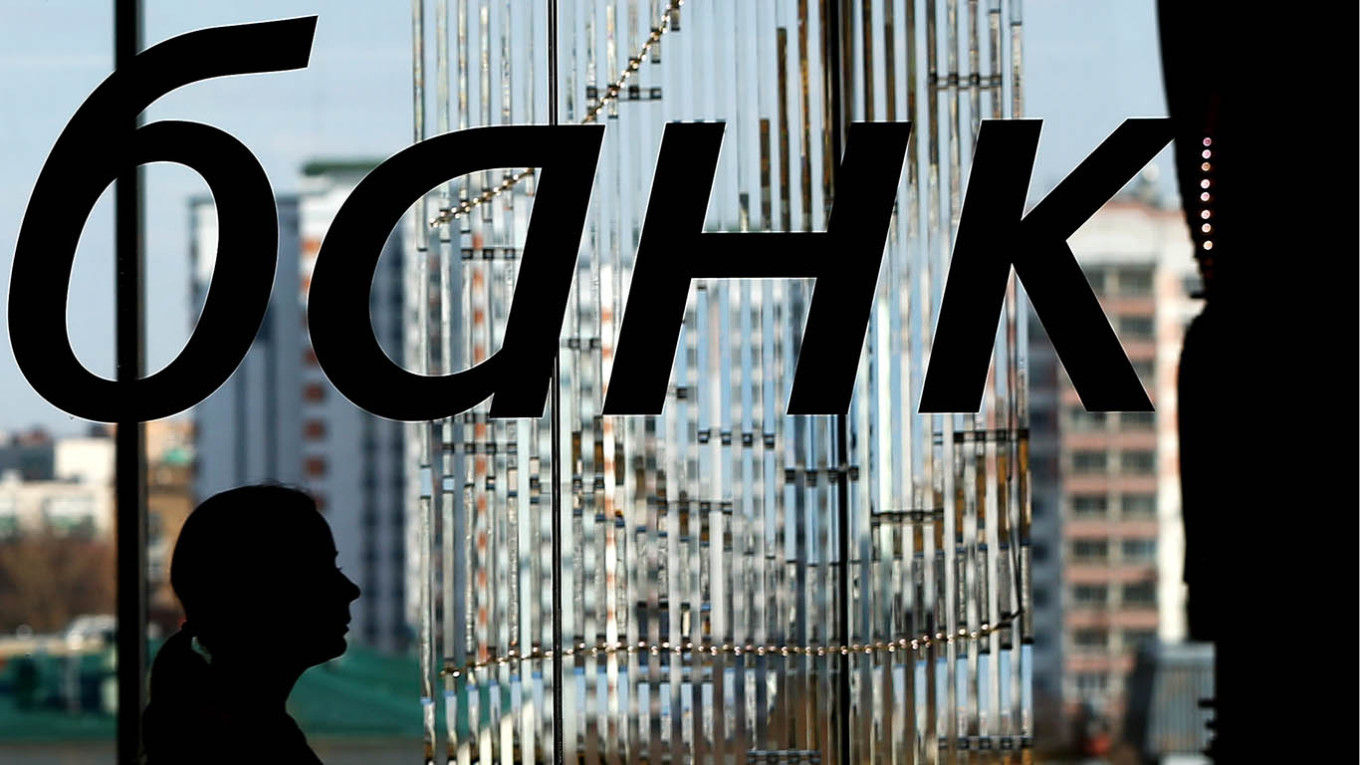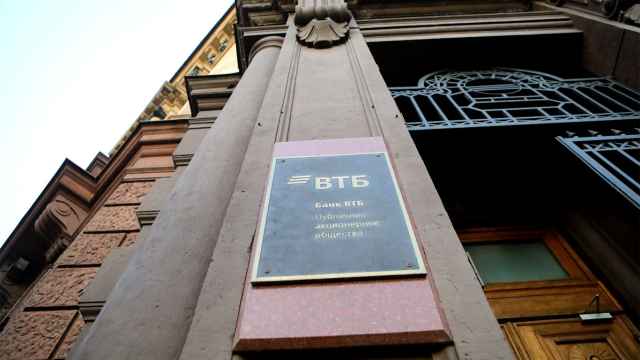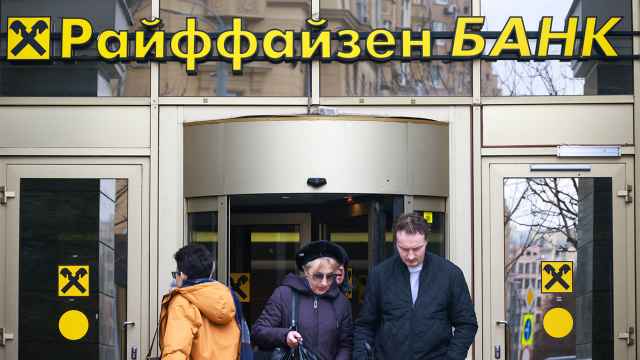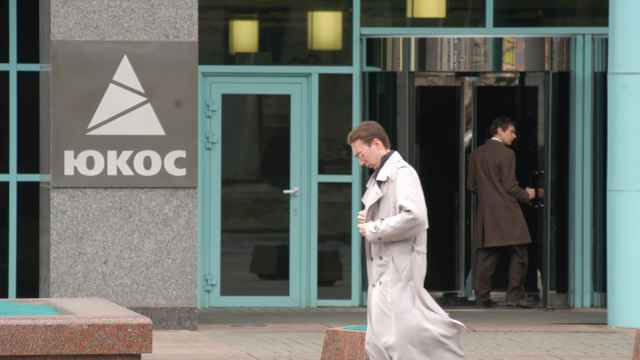President Vladimir Putin has signed a new law granting police broad powers to freeze individuals’ bank accounts without a court order, expanding the state's authority over personal financial assets in what officials say is an effort to combat cybercrime and financial fraud.
The legislation, passed by the lower-house State Duma on July 22 and approved by the upper-house Federation Council on July 25, allows Interior Ministry officers to suspend any banking transactions by private citizens for up to 10 days based solely on suspicion of criminal activity.
The freeze can be imposed “in urgent cases” with the approval of both the head of the investigative body and a supervising prosecutor. Authorities are then required to file a formal petition with a court within the 10-day window.
Previously, non-judicial account freezes were limited to criminal cases involving property confiscation. Under the new rules, police may act preemptively in any case where they suspect money is linked to a crime.
The law also imposes new obligations on financial institutions.
Banks and money transfer services must provide law enforcement with full information about a citizen’s accounts and transactions within three days of a request, or within 24 hours if the request is submitted electronically.
Lawmakers who backed the bill said the change addresses gaps in the current legal framework, which they argued limits law enforcement’s ability to recover stolen assets or compensate victims of crime.
Authorities insist the law will not infringe on the rights of law-abiding citizens, as prosecutors are required to be notified of all account freezes.
However, legal experts have raised concerns about the law’s scope and lack of clarity.
Yuliy Tai, a senior partner at the Bartolius law bureau, told the Vedomosti business daily that the legislation provides no specific list of crimes that qualify for account freezes and fails to outline key procedural safeguards.
There is no indication, for example, of whether the amount frozen must correspond to the alleged damages, he said.
Ruslan Zafesov, managing partner at ZE Lawgic Legal Solutions, warned that the expanded powers could increase the risk of arbitrary or unjustified asset seizures.
He noted that even under the current legal system, property belonging to third parties is sometimes confiscated in economic crime cases without sufficient evidence of illegal origin.
While the law is officially aimed at enhancing tools to combat cyber-enabled financial crimes, critics fear it could be used more broadly to target political opponents, journalists or activists, particularly in an environment where financial pressure is increasingly being used as a tool of state control.
The legislation is expected to take effect later this year.
A Message from The Moscow Times:
Dear readers,
We are facing unprecedented challenges. Russia's Prosecutor General's Office has designated The Moscow Times as an "undesirable" organization, criminalizing our work and putting our staff at risk of prosecution. This follows our earlier unjust labeling as a "foreign agent."
These actions are direct attempts to silence independent journalism in Russia. The authorities claim our work "discredits the decisions of the Russian leadership." We see things differently: we strive to provide accurate, unbiased reporting on Russia.
We, the journalists of The Moscow Times, refuse to be silenced. But to continue our work, we need your help.
Your support, no matter how small, makes a world of difference. If you can, please support us monthly starting from just $2. It's quick to set up, and every contribution makes a significant impact.
By supporting The Moscow Times, you're defending open, independent journalism in the face of repression. Thank you for standing with us.
Remind me later.






